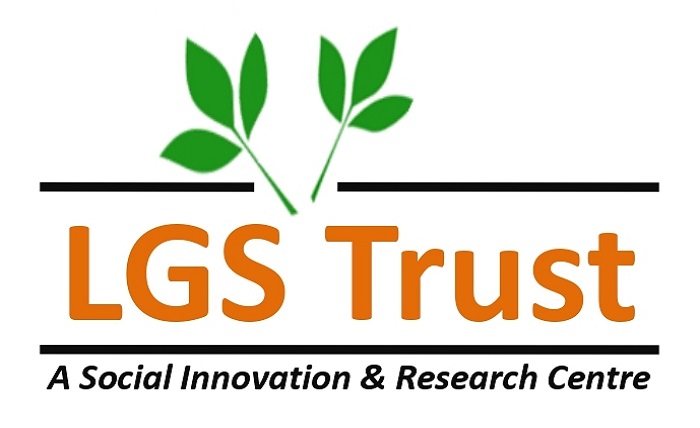Building Trust in LGS: Fostering Long-Term Relationships and Reliability

In the digital age, Language Generation Systems (LGS) have emerged as powerful tools, enabling computers to generate human-like text. From automated customer service interactions to content creation, LGS has revolutionized various industries. However, alongside their capabilities, concerns about trustworthiness have surfaced. Users and consumers are increasingly aware of the importance of trust when engaging with LGS. In this blog post, we will explore the concept of trust in LGS and delve into effective strategies for building trust with users.
Understanding Trust in LGS
Trust forms the foundation of any successful human interaction, and the same principle applies to interactions with LGS. Trust in LGS involves the belief that the system will consistently produce accurate, reliable, and unbiased results. To establish trust, LGS must exhibit transparency, consistency, and accountability in its output. Users need to have confidence that the system is operating in their best interest and is not influenced by hidden biases or external factors.
Ethical Frameworks for LGS Trust
Creating an ethical framework is essential to foster trust in LGS. Developers should prioritize fairness, transparency, and accountability in system design. A comprehensive ethical framework entails regular audits to identify and address biases, maintaining clear and understandable guidelines for system behavior, and enabling user feedback loops. By aligning the ethical principles of LGS with user expectations, developers can build a strong foundation of trust.
Addressing Bias in LGS
Addressing biases is crucial to ensure trust in LGS. Biases can arise from training data, algorithmic design, or implicit human biases in the development process. Developers must employ techniques such as data preprocessing, diverse training data sources, and ongoing monitoring to mitigate biases. Additionally, incorporating diverse perspectives during system development and engaging in inclusive user testing can help identify and rectify potential biases.
Explainable AI for Trust
The ability to explain decisions made by LGS is essential for trust-building. Users need to understand the rationale behind system-generated text to ensure transparency and accountability. By incorporating explainable AI techniques, developers can provide insights into how the system operates, highlight the factors that influenced output, and offer context for decision-making. Clear explanations instill confidence in users and foster trust in LGS.
User-Centric Design for Trust
Prioritizing user experience and needs is paramount to building trust in LGS. Developers should involve users in the design process through usability testing, user interviews, and feedback loops. This collaborative approach ensures that LGS meets user expectations, aligns with their values, and provides value-added interactions. By incorporating user feedback and continuously improving the system, trust in LGS can be nurtured and sustained.
Conclusion
As Language Generation Systems continue to evolve, trust remains a critical factor for their acceptance and utilization. By focusing on ethical frameworks, addressing biases, incorporating explainable AI, and adopting user-centric design principles, developers can cultivate trust in LGS. Establishing trust is a shared responsibility between developers, users, and organizations utilizing LGS. By working together, we can ensure the reliability and integrity of LGS, fostering long-term relationships with users and unlocking the full potential of this transformative technology.




